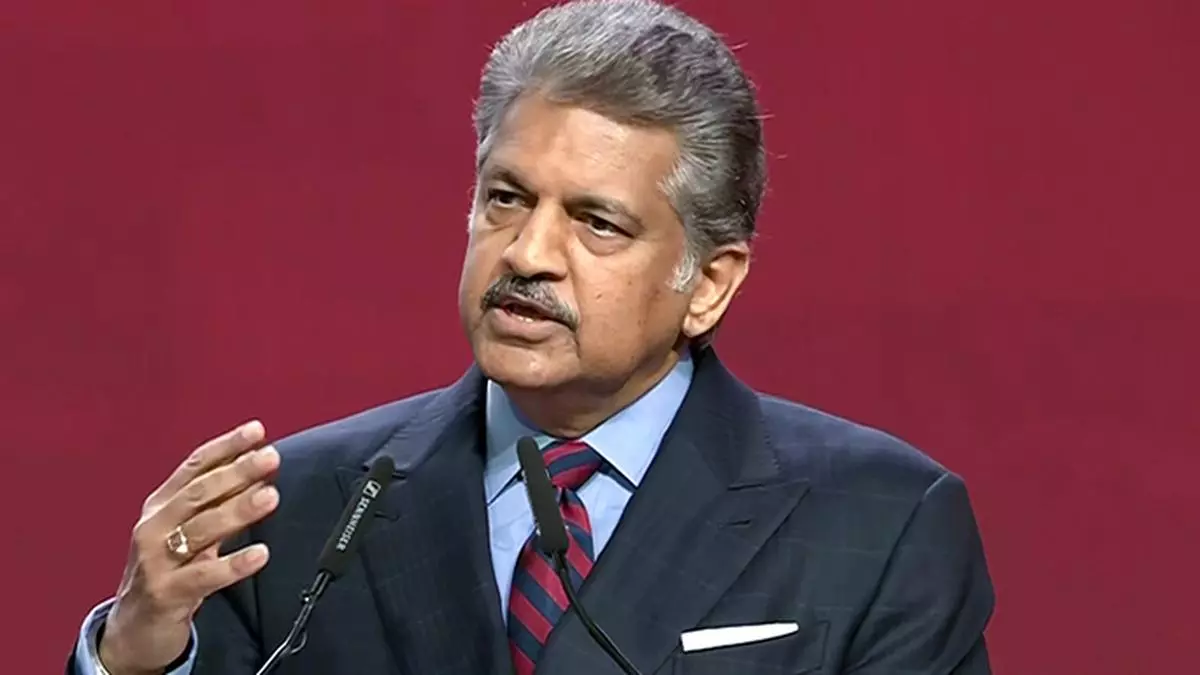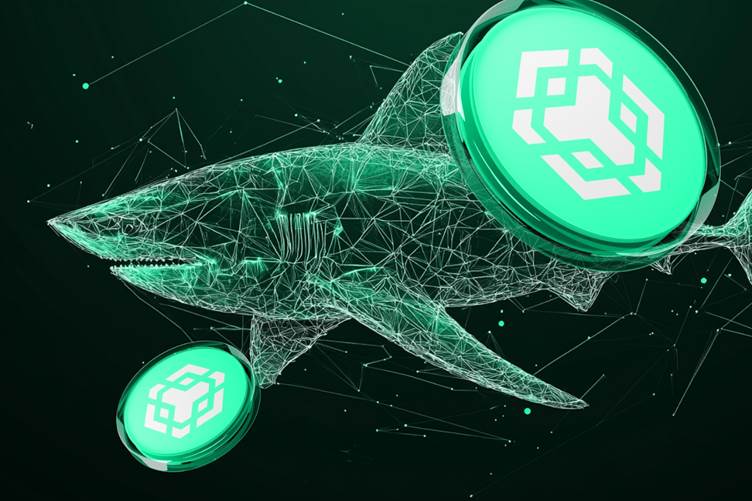Finnish authorities said Thursday they were investigating an oil tanker that sailed from a Russian port over the “sabotage” of a power cable linking Finland and Estonia that was damaged the previous day.
On Christmas Day, the Estlink 2 submarine cable that carries electricity from Finland to Estonia was disconnected from the grid, just over a month after two telecommunications cables were severed in Swedish territorial waters in the Baltic Sea.
Robin Lardot of Finland’s National Bureau of Investigation said a probe for “aggravated sabotage” had been opened into the oil tanker Eagle S, which flies under the flag of the Cook Islands in the South Pacific.
“The assumption at the moment is that it is a shadow fleet vessel and the cargo was unleaded petrol loaded in a Russian port,” said Sami Rakshit, director general of Finnish Customs.
The shadow fleet refers to ships that transport Russian crude and oil products which are embargoed due to Russia’s invasion of Ukraine.
The Eagle S was en route to Port Said in Egypt and still located in the Gulf of Finland, according to the tracking website Marine Traffic.
It was escorted by a Finnish patrol ship toward the coast near Porkkala, around 30 kilometres (19 miles) west of Helsinki.
“We have already boarded the vessel, spoken with the crew and gathered evidence,” Lardot said.
Police suspect that the oil tanker’s anchor might have damaged the power cable.
“Our patrol vessel travelled to the area and could determine visually that the vessel’s anchor was missing,” Markku Hassinen of the Finnish Border Guard told a news conference.
“So there is a clear reason to suspect something strange happened,” he said.
Finland’s Prime Minister Petteri Orpo called the cable disruption “very serious” at a press conference on Thursday.
“This is why the decisive and determined action by our authorities today and yesterday with regards to this ship in our territorial waters sends a strong message to other ships: We will intervene,” he said.
He did not specifically incriminate Russia, adding that the two countries had not yet had any contact over the incident.
But Estonia’s Foreign Minister Margus Tsahkna said: “The damages to critical underwater infrastructure have become so frequent that it’s hard to believe they are accidents or just bad maritime manoeuvres.”
Dragging an anchor on the seafloor can hardly be considered an accident, Tsahkna added in a statement, after talks with his Finnish counterpart on Thursday afternoon.
The EU on Thursday threatened further sanctions against Russian vessels.
“We strongly condemn any deliberate destruction of Europe’s critical infrastructure,” the European Commission and the EU’s foreign policy chief Kaja Kallas said in a joint statement.
“The suspected vessel is part of Russia’s shadow fleet, which threatens security and the environment, while funding Russia’s war budget,” they added.
“We will propose further measures, including sanctions, to target this fleet.”
EU countries agreed earlier this month to blacklist around 50 more oil tankers from Russia’s “shadow fleet”, used to circumvent Western sanctions over the Ukraine war.
The move was part of a 15th package of sanctions to be imposed by the 27-nation bloc since Moscow’s invasion.
Tensions have mounted around the Baltic since Russia’s invasion of Ukraine in February 2022.
In September 2022, a series of underwater blasts ruptured the Nord Stream pipelines that carried Russian gas to Europe, the cause of which has yet to be determined.
In October 2023, an undersea gas pipeline between Finland and Estonia was shut down after it was damaged by the anchor of a Chinese cargo ship.
Early on November 17 this year, the Arelion telecommunications cable running from the Swedish island of Gotland to Lithuania was damaged.
The next day, the C-Lion 1 submarine cable connecting Helsinki and the German port of Rostock was cut south of Sweden’s Oland island.
Suspicions concerning the November 17 incident focused on a Chinese-flagged vessel, the Yi Peng 3, which was in the area at the time.
Sweden said Monday that China had denied a request for prosecutors to conduct an investigation on the vessel and that it had left the area.
European officials have said they suspect several of the incidents are sabotage linked to Russia’s invasion of Ukraine. The Kremlin has dismissed that claim as “absurd” and “laughable”.

AFP









Leave a Comment